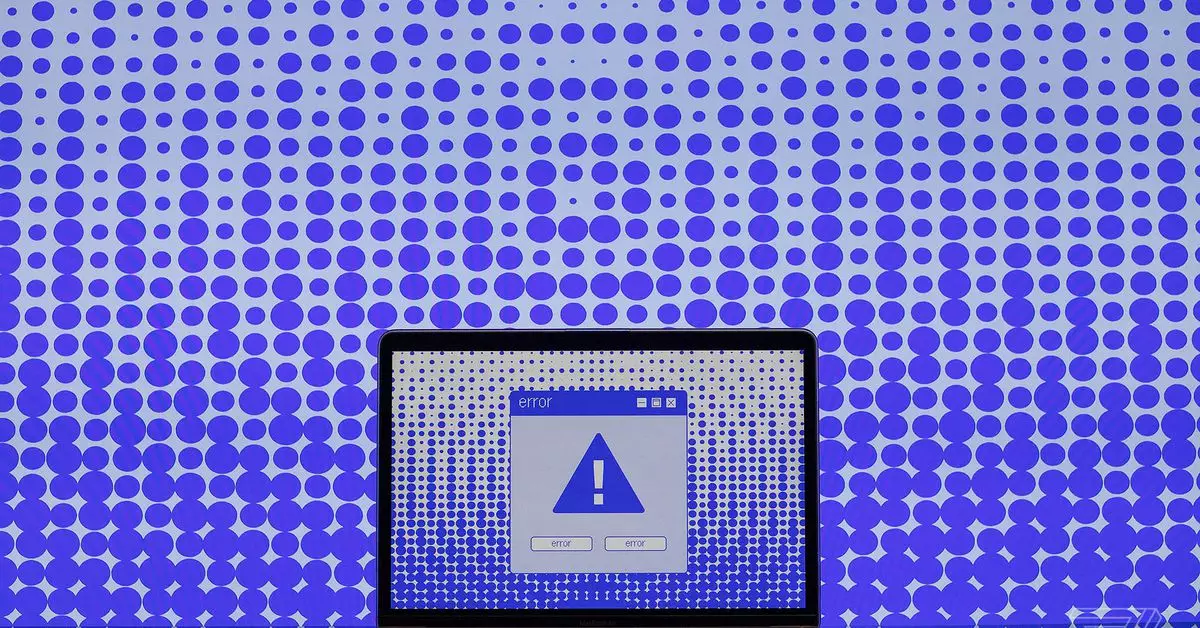The recent cyberattack on the Internet Archive serves as a striking reminder of the vulnerabilities associated with digital data preservation. Founded by Brewster Kahle, the Internet Archive is a monumental repository housing vast amounts of digital content, including the Wayback Machine, which archives web pages from across the globe. This week, it experienced a significant setback due to a combination of a data breach and Distributed Denial of Service (DDoS) attack that compromised the personal information of millions. With the staggering revelation that over 31 million unique email addresses were exposed, the attack has raised fundamental questions about data security protocols in nonprofit organizations that thrive on user contributions and trust.
As a result of the attack, the Internet Archive’s website was rendered temporarily offline, leaving patrons unaware of when they might regain access to its invaluable resources. This unavailability has far-reaching implications, not only for casual users but for researchers and historians who rely on the Wayback Machine to access archived web content. Kahle’s message of reassurance, relayed via social media, acknowledged the situation’s seriousness. He informed the public that although the data itself remains secure, all services will be paused for the purpose of examination and fortification against future breaches.
The response from the archival community and tech-savvy individuals demonstrates a collective commitment to cybersecurity resilience. It highlights the importance of robust defensive measures against potential threats. Experts in the field, such as Troy Hunt, who runs Have I Been Pwned, have put their services to good use by offering alerts to registered users whose data may have been compromised. This incident illustrates the necessity of collaboration between organizations and cybersecurity experts in navigating the risks of the digital age.
The long-term effects of this cyberattack could extend beyond immediate service interruptions. If institutions like the Internet Archive are perceived as unable to safeguard user data effectively, it could undermine the trust that is critical for their operation. Users may become hesitant to engage with the platform or share their data. Additionally, the incident could trigger enhanced regulatory scrutiny surrounding data protection in nonprofit entities, leading organizations to revisit and reform their security protocols significantly.
As Kahle indicated, the Internet Archive plans to restore its services within days, not weeks. This swift recovery is not just a testament to the organization’s resilience but also its commitment to its mission of providing free access to all. By strengthening its infrastructure and implementing stringent security measures, the Internet Archive can emerge from this crisis not just intact but fortified. Protecting data while maintaining access is a delicate balance that will undoubtedly shape the strategies of digital libraries moving forward. Ultimately, the incident has amplified the conversation about digital security, prompting both users and organizations to advocate for stronger defenses against cybersecurity threats in the digital space.


Leave a Reply